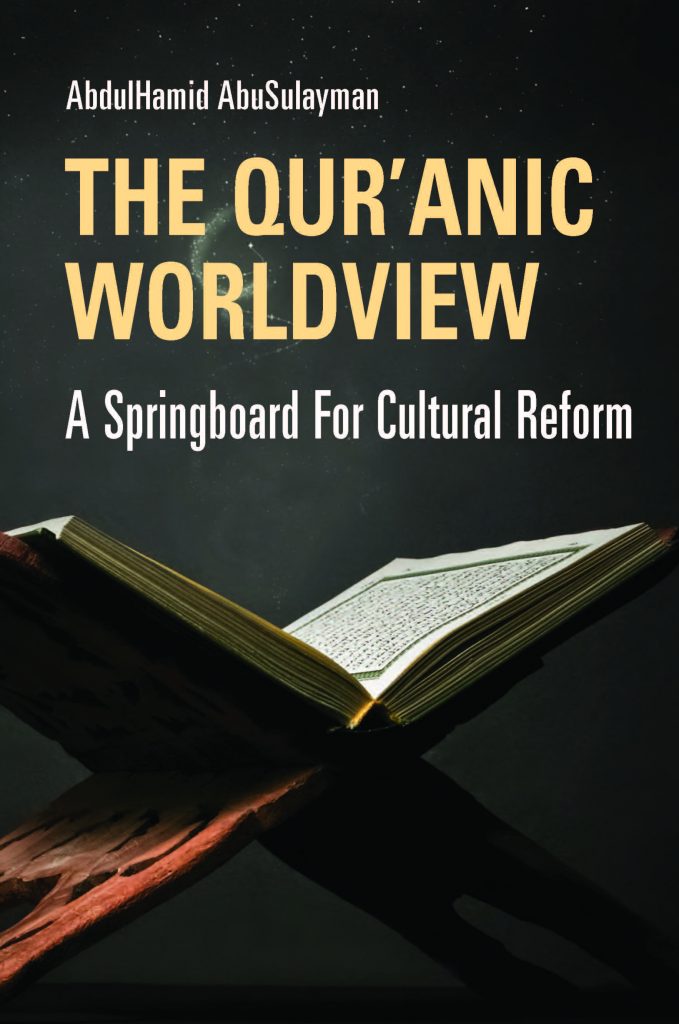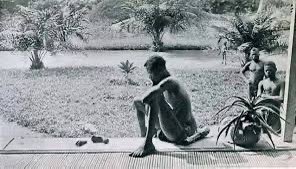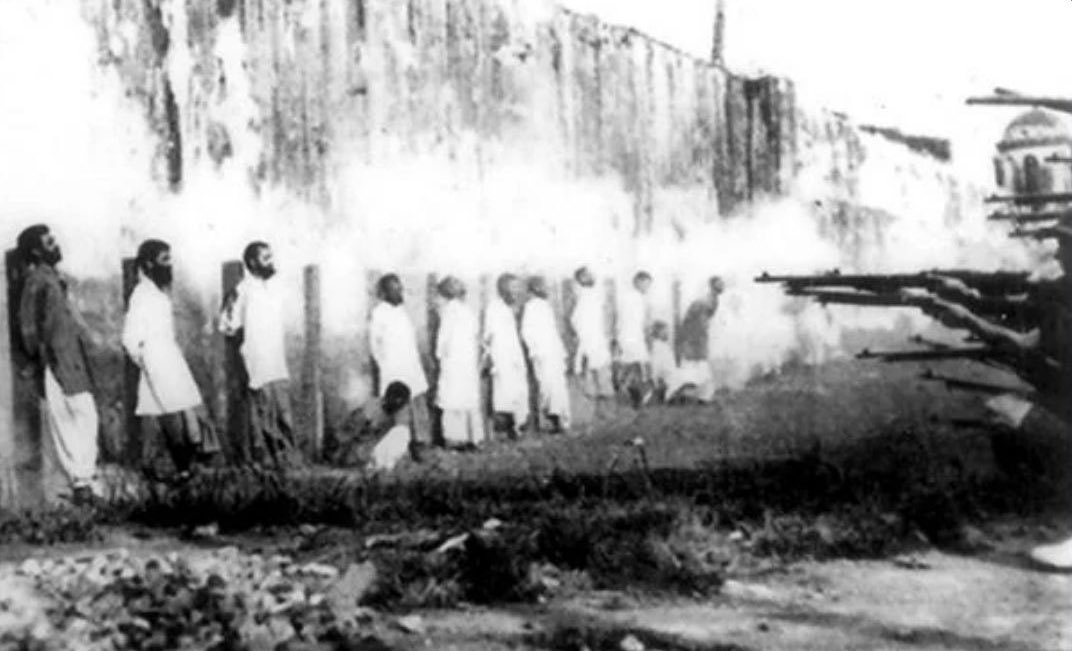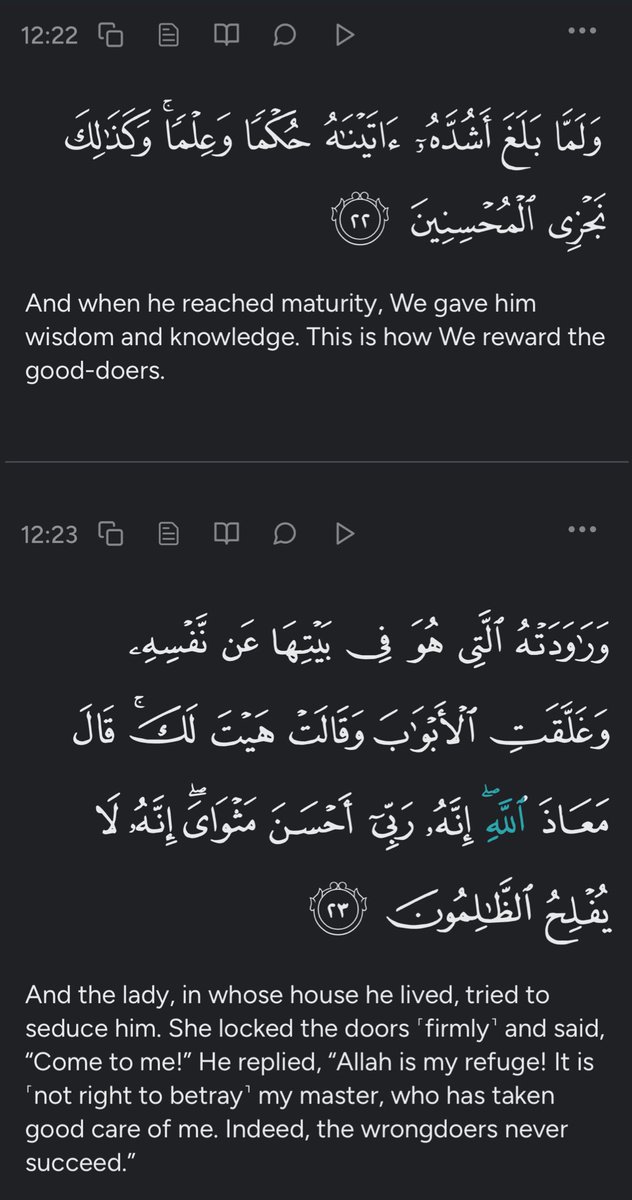بِسْمِ اللهِ الرَّحْمٰنِ الرَّحِيْمِ
Been meaning to put together a thread on all the beneficial books that may help the most people. I will keep on adding to this possibly, but here's a list that will suffice for now.
Been meaning to put together a thread on all the beneficial books that may help the most people. I will keep on adding to this possibly, but here's a list that will suffice for now.
The pdf's of most of these books can be found by typing 'book name' + 'doctype:pdf' into google.
1. Quran
(This is a no-brainer but I must mention it because the Quran has been largely abandoned by most Muslims. This is the only book that is capable of transforming mere...+
1. Quran
(This is a no-brainer but I must mention it because the Quran has been largely abandoned by most Muslims. This is the only book that is capable of transforming mere...+

...individuals to entire empires, no matter the time and place. It was/is a master shaper of psychologies, a revolutionary force each time it is visited, an engine for the metamorphosis of worldviews. Read it with translation for those that don't understand Arabic)
2. Tafsir ibn kathir
(There are gems within the Quran us laymen cannot extract that the people of knowledge have already extracted, and most times it is these gems that bring about the deepest connections with the Quran. Ibn kathir's tafsir does that in a very technical way...+
(There are gems within the Quran us laymen cannot extract that the people of knowledge have already extracted, and most times it is these gems that bring about the deepest connections with the Quran. Ibn kathir's tafsir does that in a very technical way...+

...such that no doubt about any letter in each verse is left unanswered. Highly recommended.)
3. Fi Dhilal ul Quran ("In the shade of the Quran" by Sayyid Qutb)
4. Tafhim ul Quran ("Towards understanding the Quran" by Maudui)
5. Message of the Quran by M. Asad
(All three...+


3. Fi Dhilal ul Quran ("In the shade of the Quran" by Sayyid Qutb)
4. Tafhim ul Quran ("Towards understanding the Quran" by Maudui)
5. Message of the Quran by M. Asad
(All three...+
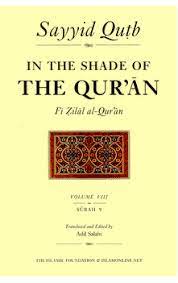


...commentaries have been met with controversy and are still debated and argued over today, I would simply recommend to read them for the benefit there is in them and not to get involved with unnecessary drama. Apart from that, all 3 are highly recommended.)
6. Sahih Bukhari
6. Sahih Bukhari
7. Sahih Muslim
8. Arbaeen an Nawwawi
(The life stories and lessons that one has access to reading ahadith is unmatched to anything else. It has been the biggest boost of Iman and courage for me in times of challenge and ease.)


8. Arbaeen an Nawwawi
(The life stories and lessons that one has access to reading ahadith is unmatched to anything else. It has been the biggest boost of Iman and courage for me in times of challenge and ease.)



9. "Studies in hadith literature", M. Azami
(Excellent book by a famous Indian scholar who destroyed orientalists, clearly showed the immense integrity of hadith preservation, and the immense amount of work our scholars have done for us all in 1 book)
(Excellent book by a famous Indian scholar who destroyed orientalists, clearly showed the immense integrity of hadith preservation, and the immense amount of work our scholars have done for us all in 1 book)

10. Islamic creed series 8 volumes by Umar al Ashqar. Brilliantly written for any beginner level student of knowledge.
11. Aqeedah wasitiyyah, Ibn uthaymeen's commentary, 2 volumes. The most detailed aqeedah work I've gone through, gave me the complete understanding.

11. Aqeedah wasitiyyah, Ibn uthaymeen's commentary, 2 volumes. The most detailed aqeedah work I've gone through, gave me the complete understanding.


I have not listed books on fiqh, tarikh (Islamic history), and arabic because I myself am still going through them. Apart from that, I also recommend going through the sciences of each the previously mentioned categories (Quran, hadith, and aqeedah) to get a thorough...
...understanding of the tradition. Also it is recommended you cover the previously mentioned books with people of knowledge, real scholars and their students who are tied to the tradition.
The following books will be listed in no particular order or category, as I myself...+
The following books will be listed in no particular order or category, as I myself...+
...jumped around from each one, finishing one starting it over, reading up to 15 books at one time, not finishing some of them, etc.
12. Winning the modern world for Islam, A. Yassine
13. A young Muslim's guide to the modern world, S. Nasr



12. Winning the modern world for Islam, A. Yassine
13. A young Muslim's guide to the modern world, S. Nasr


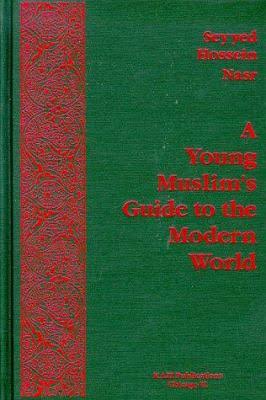

14. Islam at the crossroads (personal favorite)
15. Man and the universe an Islamic perspective
16. 44 ways to manhood, Taymullah Abdurrahman


15. Man and the universe an Islamic perspective
16. 44 ways to manhood, Taymullah Abdurrahman



20. Islam and the Muslim woman today
21. Islam and Western society
22. Westernization and human welfare

21. Islam and Western society
22. Westernization and human welfare


41. Islam and plight of modern man
42. A dying colonialism
43. Al fawaid, a collection of wise sayings

42. A dying colonialism
43. Al fawaid, a collection of wise sayings


44. This law of ours
45. Between the God the prophets and the God of philosophers
46. Covering Islam

45. Between the God the prophets and the God of philosophers
46. Covering Islam


50. Fields of blood, karen armstrong
51. Gender trouble, Feminsim and subversion identity
52. History of Quranic texts
53. Islam the way of revival

51. Gender trouble, Feminsim and subversion identity
52. History of Quranic texts
53. Islam the way of revival


54. Islam and secularism, al attas
55. Khalid bin waleed, sword of Allah
56. Killing hope, william blum
57. Lost Islamic history

55. Khalid bin waleed, sword of Allah
56. Killing hope, william blum
57. Lost Islamic history


58. Man made laws vs sharia
59. Myth of Muslim barbarism (highly recommended)
60. Postcolonialism, a short history
61. Recalling the caliphate

59. Myth of Muslim barbarism (highly recommended)
60. Postcolonialism, a short history
61. Recalling the caliphate


62. The great caliphs, the golden age of the abbasid empire
63. Muqaddimah, Ibn Khaldun
64. Myth of religious violence (another favorite)
65. The structure of scientific revolution

63. Muqaddimah, Ibn Khaldun
64. Myth of religious violence (another favorite)
65. The structure of scientific revolution


66. The question of culture, Malek bennabi
67. Islam in history and society
68. The clash of civilizations, an Islamic view
69. The ideological attack, Sh. bin Baz

67. Islam in history and society
68. The clash of civilizations, an Islamic view
69. The ideological attack, Sh. bin Baz


I'll stop here cause there are genuinely too many and the others are outside the scope of this thread. InshaAllah this benefits you all, share it around so others can benefit as well.
In the future I'll do another thread on lectures and papers.
In the future I'll do another thread on lectures and papers.
• • •
Missing some Tweet in this thread? You can try to
force a refresh






















